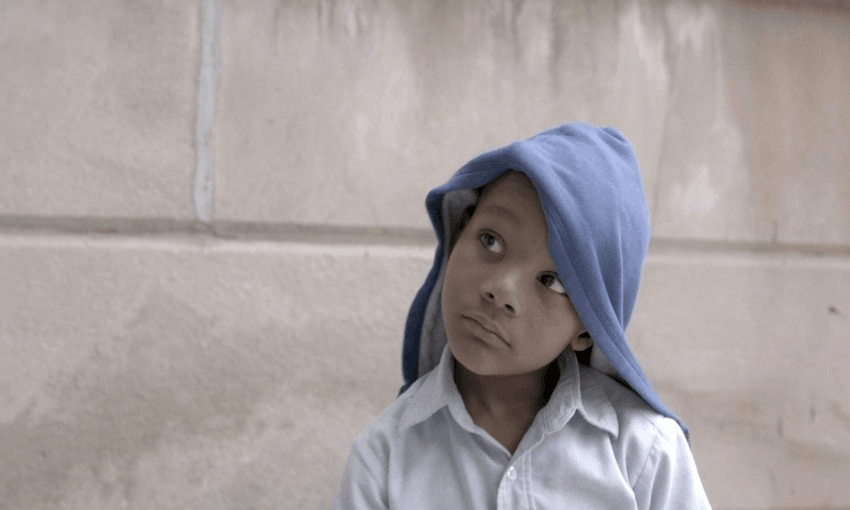A new documentary shines an important light on a new approach that seeks to radically reshaping the way social services are provided, writes geographer Tom Baker
How do we address poor health and education outcomes, high incarceration rates, and other pressing social issues? I’m guessing your top three answers do not include “make social services an investment product”, but around the world, a cast of governments, philanthropists, banks, and consultants have been doing just that, using a financial mechanism called a Social Impact Bond (SIB).
Here in Aotearoa, two Social Impact Bond-financed programmes have been going since 2017. One involves assisting people with mental health difficulties into work and the other aims to prevent disadvantaged youth from criminal offending. Both have gone largely under the radar of public attention.
Tonight, a thought-provoking documentary called The Invisible Heart screens in Auckland as part of the DocEdge festival. By following the rise of Social Impact Bonds in Canada and the United States, it raises a host of issues that need to be debated closer to home.
For those readers whose eyelids grow heavy at the sight of the words “financial mechanism”, please bear with me for a brief technical interlude. A Social Impact Bond involves private investors financing a non-government organisation to deliver social services. If those services achieve a series of outcomes — negotiated between government, the service provider and the investors — government repays the investors, plus an agreed profit margin. If the services do not achieve the outcomes, the investors lose part or all of their investment. In theory, government shifts the risk of failure to the private sector, but shares the rewards of success.
In this context, successful services are services that produce a win-win outcome, involving benefits for service recipients (eg stable housing, employment, improved health) and reduced long-term demand for publicly-funded services (eg less public spending).
While Social Impact Bonds might sound dry to most, their implementation is radically reshaping the way social services are provided. The debates surrounding this seemingly innocuous and technical sounding financial mechanism cannot be left to policy wonks and finance professionals.
Offering a way into these debates for all comers, The Invisible Heart examines the aspirational objective of Social Impact Bonds. Instead of private investment simply acting as an “invisible hand” that distributes goods and services according to the economic logic of profit, promoters of Social Impact Bonds claim we can harness the social conscience or “invisible heart” of markets to deliver improved outcomes for disadvantaged citizens.
Through engaging interviews with service recipients, social workers, investors and others, The Invisible Heart grapples, even-handedly, with the promises and perils of making social services into an investment product. We are told that private investment fills service gaps, enables innovative ideas to be tested and expanded, and brings more rigour to the evaluation of outcomes. We are also told that Social Impact Bonds are expensive to administer, systematically de-risked to entice investors, concerned with surface issues rather than root causes, and disconnected from democratic accountability and deliberation.
As two Social Impact Bonds programmes continue without much public awareness in Aotearoa, The Invisible Heart reminds us of the need to discuss how we create the conditions for social wellbeing and who stands to benefit.
Dr Tom Baker is a human geography lecturer at the University of Auckland. He is currently researching the global growth of Social Impact Bonds



